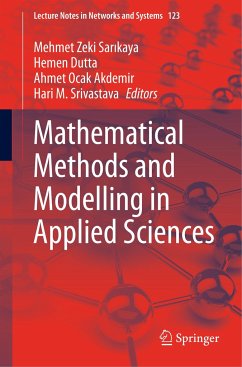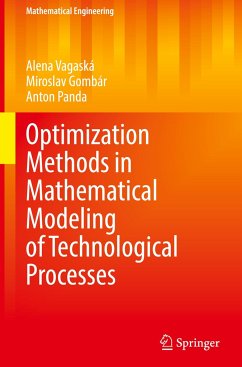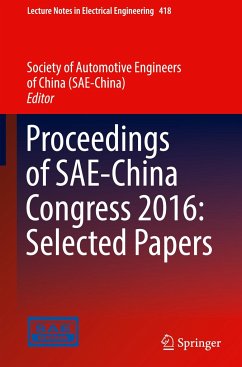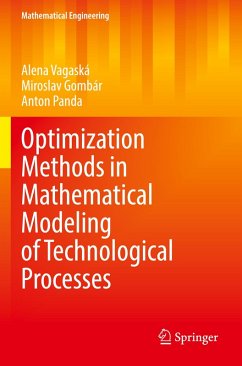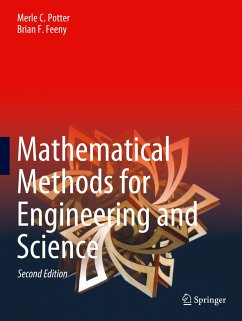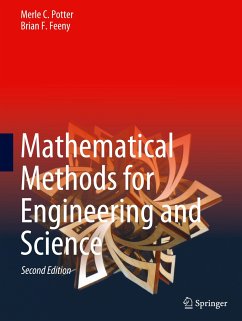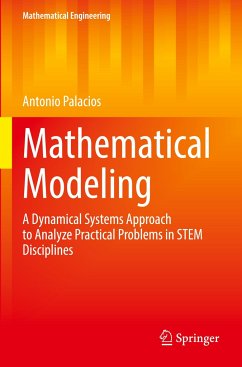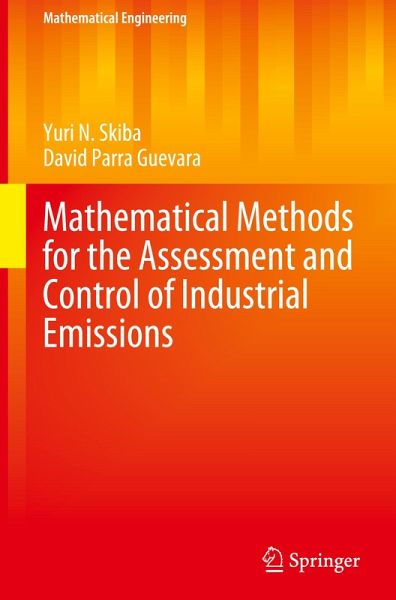
Mathematical Methods for the Assessment and Control of Industrial Emissions

PAYBACK Punkte
69 °P sammeln!
This book delves onto modern mathematical methods aimed at mitigating environmental pollution risks caused by industrial activities. Showing the alarming global issue of industrial pollution, the text explores the complexities of emission control strategies and dispersion models. Through a systematic approach, readers will gain insights into the utilization of mathematical models to assess pollutant dispersion, regulate emissions, and pinpoint sources of excessive pollution. With a focus on averting health risks and ensuring compliance with sanitary standards, the book elucidates the applicati...
This book delves onto modern mathematical methods aimed at mitigating environmental pollution risks caused by industrial activities. Showing the alarming global issue of industrial pollution, the text explores the complexities of emission control strategies and dispersion models. Through a systematic approach, readers will gain insights into the utilization of mathematical models to assess pollutant dispersion, regulate emissions, and pinpoint sources of excessive pollution. With a focus on averting health risks and ensuring compliance with sanitary standards, the book elucidates the application of control strategies to manage pollutant concentrations effectively. From differential equations to optimization theory, the narrative navigates through interdisciplinary concepts, offering a wealth of knowledge for researchers, professionals, and students alike. Chapters brim with illustrative examples, shedding light on air and marine pollution control, while emphasizing the versatility of the discussed strategies. Whether tackling two-dimensional or three-dimensional dispersion models, the book equips readers with essential tools to confront the pressing challenges of industrial pollution in both developed and developing regions.






